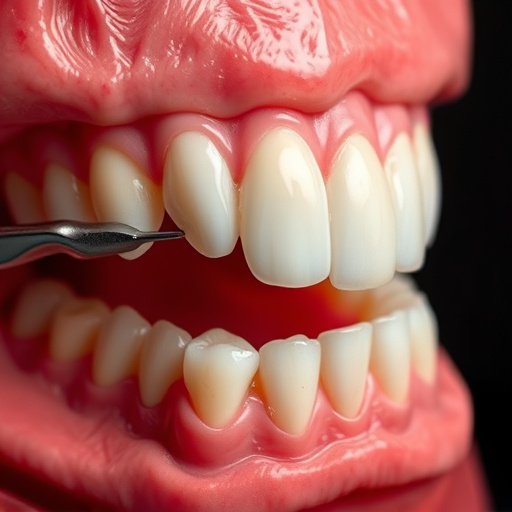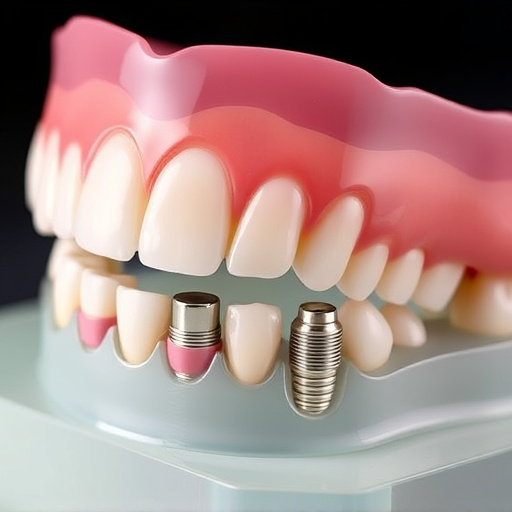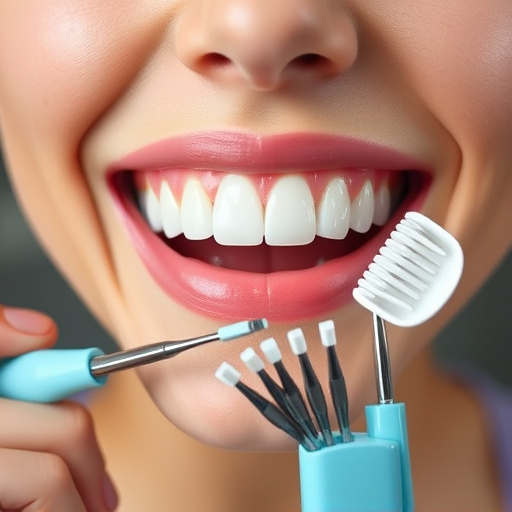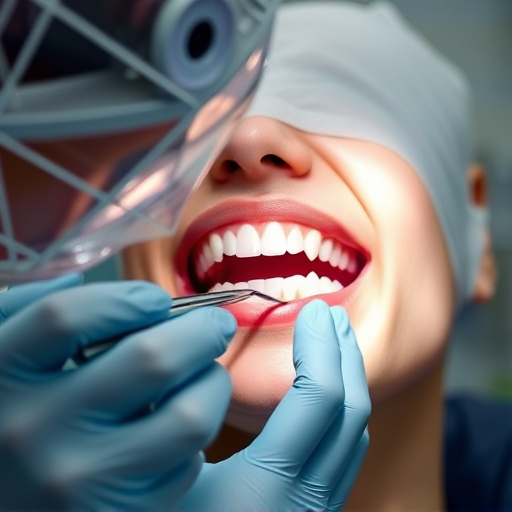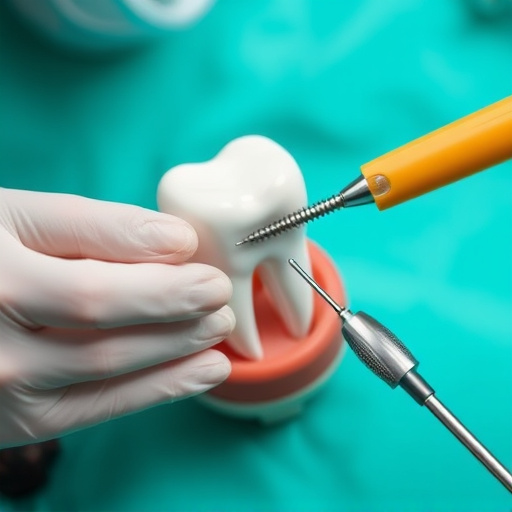Dental anxiety, left unaddressed, damages oral health through avoidance of check-ups and treatments, leading to issues like tooth decay and gum disease. Effective dental anxiety treatment enables individuals to manage fear, improve habits, access comprehensive care, and maintain better oral health routines, including regular check-ups, cleanings, and cosmetic procedures for enhanced confidence.
Dental anxiety can significantly hinder effective oral care. It’s essential to understand how this condition influences health habits, as addressing it through appropriate treatment offers a transformative pathway to better oral hygiene. This article explores the multifaceted aspects of dental anxiety treatment and its subsequent impact on fostering healthy oral routines. By considering various treatment options, individuals can overcome their fears and achieve long-lasting oral wellness.
- Understanding Dental Anxiety and Its Impact
- Treatment Options for Overcoming Anxiety
- Adopting Healthy Oral Routines Post-Treatment
Understanding Dental Anxiety and Its Impact

Dental anxiety is a common issue that can significantly impact an individual’s oral health and overall well-being. It refers to an intense fear or discomfort associated with dental procedures, often leading to avoidance of regular check-ups and necessary treatments. This anxiety can stem from various factors such as past traumatic experiences, pain sensitivity, or even the perceived appearance of dentists’ tools. As a result, individuals may neglect their oral hygiene, which can consequently lead to tooth decay, gum disease, and other dental problems.
The impact of dental anxiety is far-reaching. It prevents people from seeking essential comprehensive dental care, causing them to delay or forgo necessary treatments like dental crowns or tooth repairs. This avoidance behavior exacerbates the initial issue, leading to more complex and costly procedures down the line. However, with appropriate dental anxiety treatment, individuals can learn coping strategies, overcome their fears, and develop healthier oral health habits.
Treatment Options for Overcoming Anxiety

Overcoming dental anxiety is a significant step towards improving oral health habits and maintaining a bright smile. Luckily, there are diverse treatment options available to help individuals manage their fear and anxiety related to dental procedures. Cognitive-behavioral therapy (CBT) is a common and effective approach that teaches patients relaxation techniques and reframing strategies to change their perception of dental visits. This method helps them understand that their fears are often exaggerated and that dental professionals are there to provide care in a safe and controlled environment.
Other options include exposure therapy, where patients gradually face their fears by starting with simple procedures like checking or cleaning and then progressing to more complex treatments like fillings or minor surgeries. Some individuals also benefit from medication-assisted treatment, which combines sedatives with dental procedures to reduce anxiety levels during the visit. Additionally, finding a supportive family dentistry clinic that offers emergency dental care can provide peace of mind, ensuring that any dental emergencies are addressed promptly without exacerbating anxiety.
Adopting Healthy Oral Routines Post-Treatment

After successfully undergoing dental anxiety treatment, individuals often find themselves better equipped to maintain and improve their oral health routines. This newfound confidence translates into consistent, effective practices that were once hindered by fear or avoidance. Simple tasks like brushing, flossing, and even scheduling regular check-ups become more manageable and enjoyable.
Many patients report a significant shift towards proactive dental care post-treatment. They become more attuned to their oral health needs, regularly attending comprehensive dental care appointments for check-ups and cleanings. This commitment not only ensures the early detection of any potential issues but also prevents minor problems from escalating into more serious, potentially costly procedures. Even cosmetic dentistry becomes an option to enhance smiles, boosting confidence and overall well-being.
Dental anxiety treatment not only helps individuals overcome their fear but also empowers them to adopt healthier oral routines. By addressing the root cause of dental anxiety, people can develop a positive relationship with oral healthcare, leading to improved overall health and well-being. With various treatment options available, from cognitive-behavioural therapy to relaxation techniques, individuals have the tools to take control of their dental care and enjoy a brighter, healthier smile.







